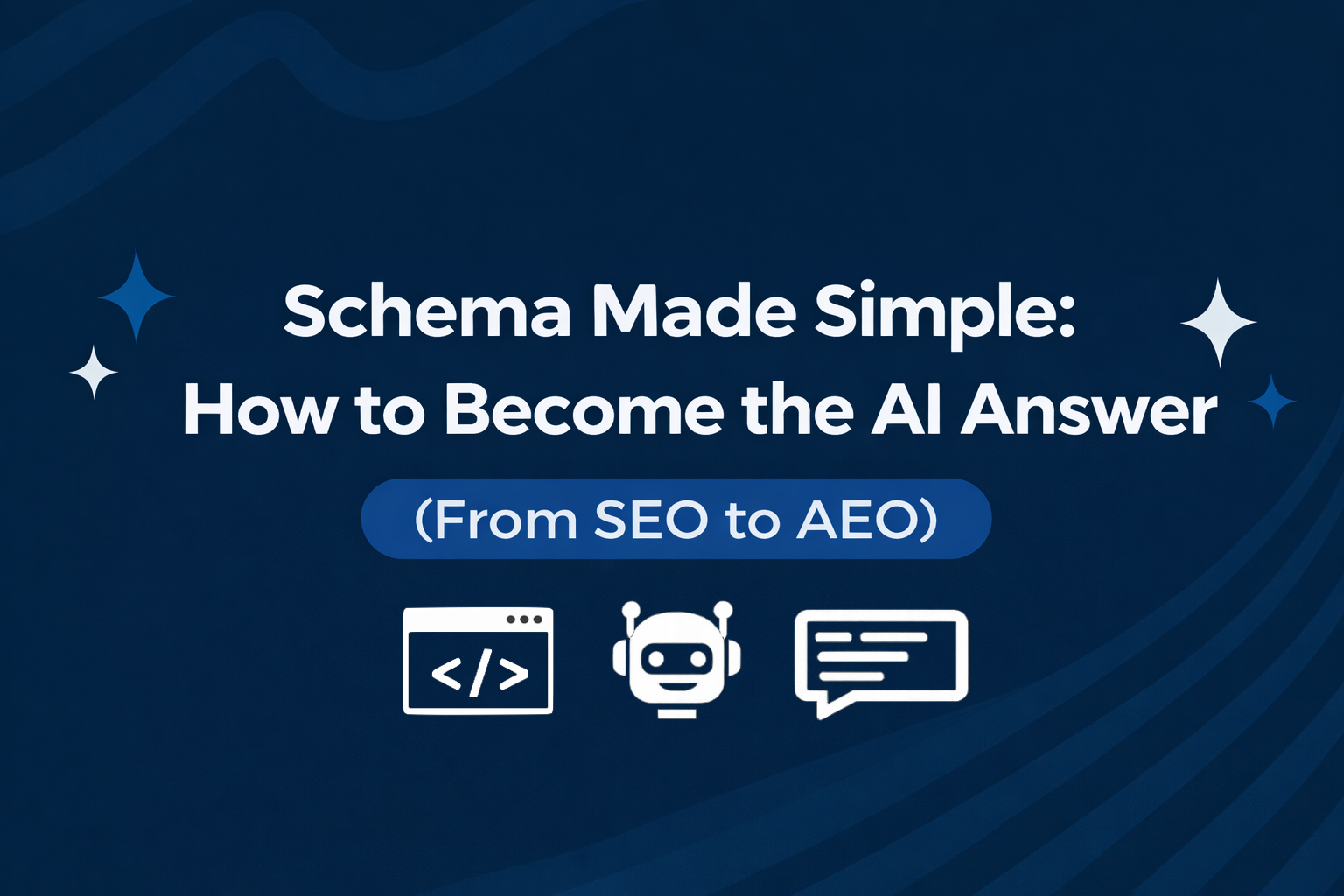For those of you who don’t know, WistiaFest is a conference where over 1,500 video marketers, videographers, in-house creatives, visual strategists, and everyone in between gather together for the love of business video. The best of the best come out to talk about the latest in video strategy, production tips and tricks, video analytics, and so much more.
To all the video lovers who missed this legendary event, fear not. Here are the four key take-aways from WistiaFest that we are going to implement in our video marketing strategy:
1. Take Time to get Creative
Video is a platform that makes space for creativity. As marketers, it’s easy to get swept up in the numbers and strategy behind our efforts. This linear and logical thinking leaves little room for creativity and results in cookie cutter videos that easily get lost in the mass of video content on the internet. The problem is that creativity doesn’t just happen - it takes time and intention. So, the charge for video marketers is simple: make time for bad ideas. Put a creative meeting on the calendar and summon all of the out-of-the-box thinkers in the office. Get in a room together and throw out all of your unfiltered ideas until one sticks. When asked what the creative process looks like, Adam Lissagor of Sandwich Video says it looks like a lot of bad ideas. Bad idea #1 becomes bad idea #2 which turns into bad idea #2A and eventually produces good idea #1. You can’t and shouldn’t only take an analytical approach to video when you have the opportunity to connect with your customers in a unique way. Kevin Cline, a keynote speaker at WistiaFest and creative director at Zendesk said, “The distinction between good and just good enough is defined by artistry.” So take the time to cultivate creativity, generate some bad ideas (and hopefully some not-so-bad ones), and start making good business videos.
"The distinction between good and just good enough is defined by artistry." - Kevin Cline
Need some inspiration? Take a look at what these creatives have done with business video::
2. Focus on the Buyer's Journey
Each video should have a single goal and meet the needs of a specific stage of the buyer's journey. Are your viewers aware of a pain point and in search of a solution? Start with a video that describes the problem and the solution to it. A video about why your product or service is better than the other ten competitors vying for their attention is not going to do them any good if they don’t first have an understanding that your services are what will solve their problem. Know who your customer is, what their pain points are at each state of their buyer's journey, and how far along they are in alleviating them. Then, meet them where they are at. Your customer should be the hero and focus of the story you are telling, not yourself. When a lead is in the final stage of the buyer's journey, show them what your product or service will look like from their perspective, not your own. Show other customers who are using your product or service and be okay with taking yourself out of the spotlight. Make your videos relevant and useful by understanding the buyer's journey.

3. Use Soapbox
This year at WistiaFest, Wistia released their new product Soapbox and it’s a game changer. This new tool has made creating customer service, sales, and delight videos impossibly simple. With this free Chrome extension, you can record, edit, and share professional looking videos all in one easy to use interface. Soapbox records your screen and webcam at the same time then allows you to seamlessly edit them together to show either your screen, yourself, or both. The potential for creative communication with this tool is endless. Install soapbox for free and let the video voicemails, explanation, sales, and customer service videos commence!

4. Delight with Videos
It is easy to focus marketing energy and efforts on customer acquisition, but in reality it is 5x more cost effective to retain a customer than it is to gain a new one, as speaker Talia Wolf said. Video can be used not only to create, but also to sustain relationships with your customers. A large part of delighting your customers is building trust and relationships. There is no medium of communication that builds trust as effectively as video. Don’t send pages and pages of documents to your customer when you can humanize the experience by walking them through the information with a soapbox video. Send a thank you video from the CEO after a purchase, a happy birthday message, or a personal invite with a video voicemail. These little moments where you make your business human will surprise and delight your customers, making them loyal promoters and consumers of your brand.
According to HubSpot, the average user is exposed to 32.3 videos a month. Whether you made it to WistiaFest 2017 or not, take the time to evaluate and improve your video marketing strategy so that your videos are not getting lost in the sea of video content. Watch the video above to see our full WistiaFest 2017 recap!






.png)
